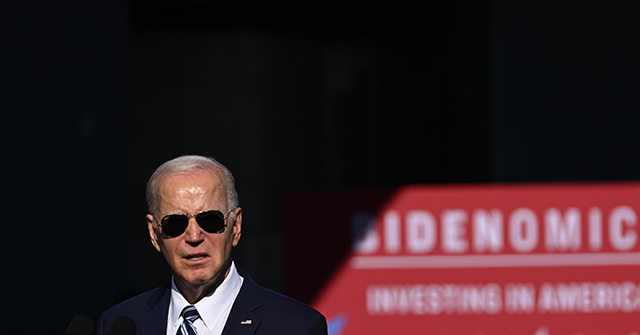President Joe Biden’s term has often been characterized by a reactionary style of governance, leading to significant mismanagement of economic issues, most prominently inflation. In July 2021, Biden notably downplayed economic concerns, asserting that “no serious economist” was worried about inflation spiraling out of control. This assertion not only misrepresented the profound alarm voiced by notable economists—such as former Treasury Secretary Larry Summers and economist Olivier Blanchard—but also illustrated a critical failure in Biden’s leadership. His dismissive approach to inflation, rife with misplaced confidence and denial, highlighted a broader pattern of incompetence pervasive throughout his presidency.
The administration’s blind spots extended beyond economic issues to its overall failure to face hard truths. Washington’s willingness to approve policies that worsened emerging crises demonstrated a lack of foresight and accountability amongst Biden’s team. The passage of the nearly $2 trillion American Rescue Plan, despite already strong signs of economic recovery, exemplified reckless fiscal policy. Furthermore, Biden’s antagonistic stance toward fossil fuels, alongside restrictions on domestic drilling, exacerbated energy price spikes as global supply chains faltered. The administration’s superficial framing of inflation as an external issue rather than recognizing its own role in fostering it further illustrated the disconnect between the White House and economic realities.
When inflation ultimately surged to a staggering 40-year high by mid-2022, the Biden administration struggled to effectively address the situation. With real wages declining and household wealth eroding, Biden’s achievements in reducing unemployment and passing legislation were overshadowed by economic hardship for everyday Americans. Instead of solving the crisis, the administration resorted to shifting blame onto corporate greed, external supply chain issues, and the war in Ukraine, fostering public distrust while failing to offer substantive solutions.
This tendency toward denial and deflection was not limited to inflation; it recurred throughout Biden’s handling of various crises. The chaotic withdrawal from Afghanistan was portrayed as unavoidable, despite warnings that it would create chaos. Similarly, the surge in illegal border crossings was downplayed until the issue became undeniable. Even rising crime rates in major cities were dismissed until local leaders could no longer ignore the spikes in violence. In each instance, the Biden administration’s reluctance to recognize and address emerging problems allowed them to escalate, resulting in more damage and lost credibility.
A recent Wall Street Journal article has emphasized concerns about Biden’s mental acuity, suggesting that those close to him acknowledge his diminished capacity. This aspect may explain numerous miscalculations during his presidency. However, regardless of any personal challenges, the glaring absence of curiosity and accountability within the leadership framework has led to significant missteps. The ongoing inflation crisis serves as a prime example of this administrative style: problems are denied until they become undeniable, blame is diverted, and decisive action is postponed until the situation devolves into crisis.
Ultimately, Biden’s management of inflation has transcended economic analysis to become a political catastrophe that has eroded public trust in his competence. The administration’s relentless denial and failure to take responsibility for its decisions have not only aggravated economic challenges but have also contributed to a broader crisis of confidence in his leadership. Without a shift toward genuine accountability and engagement with reality, Biden’s presidency risks further unraveling under the weight of the repercussions from its mismanagement.

